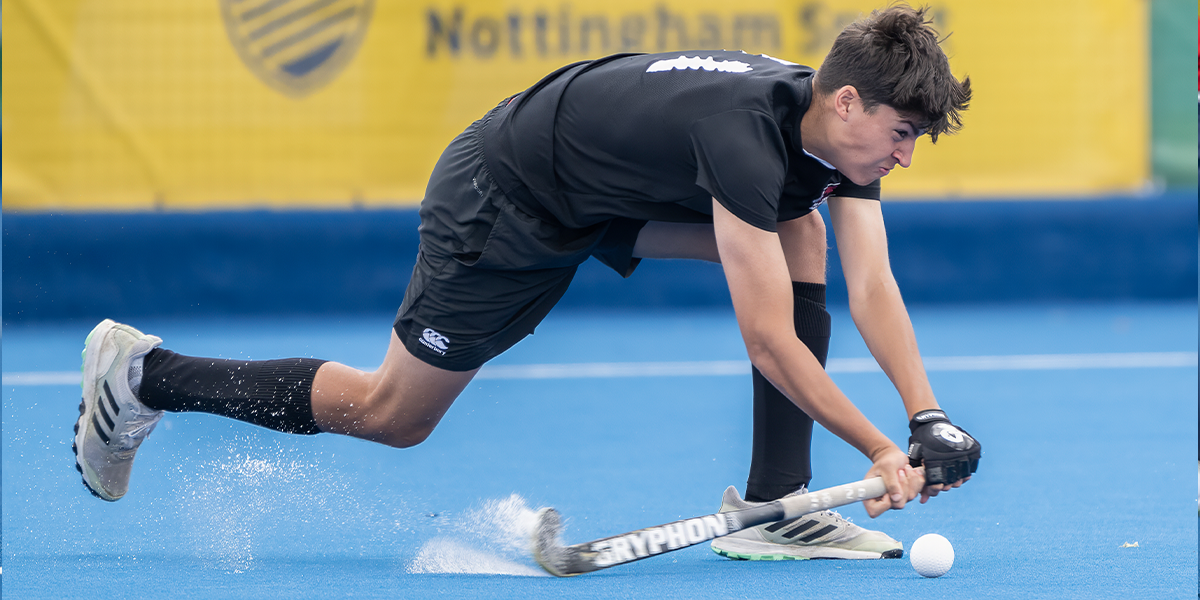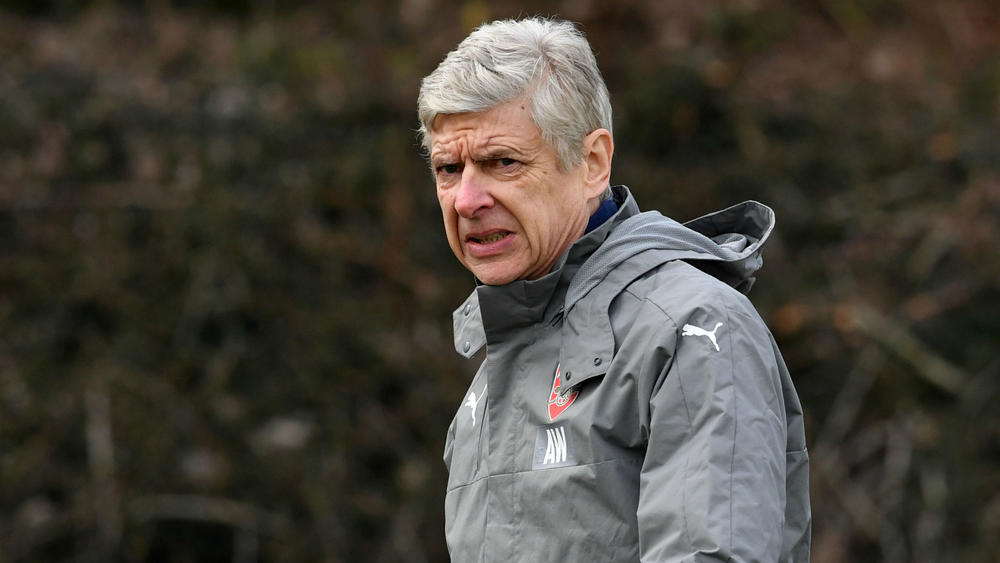
- Select a language for the TTS:
- UK English Female
- UK English Male
- US English Female
- US English Male
- Australian Female
- Australian Male
- Language selected: (auto detect) - EN
Play all audios:
ACCELERATION – the ability to rapidly increase running speed, from a walking or jogging start moving quickly into a high-speed action. This requires high levels of horizontal force
production capability. MAXIMUM VELOCITY – the point at which a player has reached top end speed. This requires high levels of reactive or elastic strength. CHANGE OF DIRECTION – the ability
to decelerate, change direction and reaccelerate rapidly. This requires high levels of force absorption capability or eccentric strength. AEROBIC ENDURANCE – the ability to continually
perform an activity without tiring. During longer low intensity efforts aerobic respiration requires oxygen as the main source of energy. The heart pumps faster and breathing rate increases
to increase oxygen levels to muscles. It is important for both field players and goalkeepers as rates between higher intensity efforts are improved with aerobic capability. REPEATED SPRINT
ABILITY – the ability to repeat high speed with short amount of rest. During rapid high intensity efforts anaerobic respiration is used. When the body requires immediate energy, it relies on
stored energy sources rather than oxygen to fuel itself. This is important for outfield players due to the regular requirement for repeated high intensity sprinting actions, such as rapid
change of direction. For goalkeepers, Repeated power ability is essential to the wide variety of movement skills they are required to express. PHYSICAL DOMINANCE – the ability to express
strength in hockey specific situations i.e. hitting a ball, evading an opponent, protecting the ball during a carry etc. Required for both field players and goal keepers. ROBUSTNESS – the
body’s ability to withstand the physical demands of hockey training and game play. Stronger athletes are more resilient to injury and therefore able to train more regularly making themselves
consistently more available. BALANCE – the ability to stay in control of body movement. In hockey dynamic balance is required – which is the ability to maintain a center of gravity over a
constantly changing base of support. Important for both field players and goal keepers. EXPLOSIVITY – the ability to produce large amounts of force in a small amount of time. Combines
strength training with speed to increase power output. Extremely important for goal keepers. Is also required for field players. COMBINATION of food and drink intake to maximise performance.
TIMING, QUANTITY AND QUALITY of both food and drink is vital in becoming the optimum player. REST/ACTIVE RECOVERY – whilst not a physical capability in its own right, it is still a very
important element of being an International Hockey Player. The player is able independently to make good choices with respect to sleep and rest. Being able to listen to their body and
understand the different types of soreness whether its muscle or joint and knowing whether it means they should continue to work through it or to seek rest are lessons every player will
require and learn through experience.








